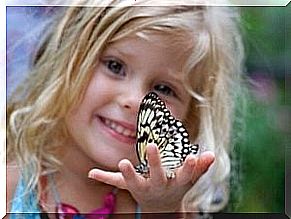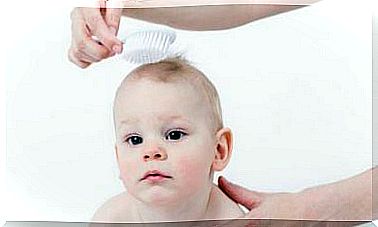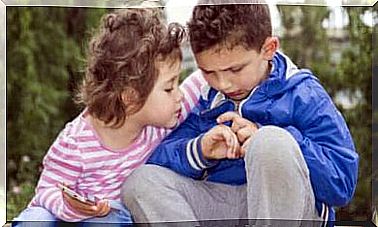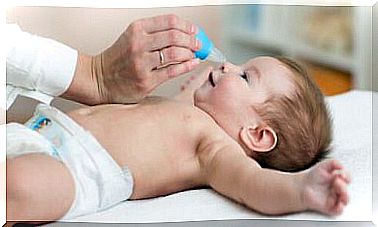The Consequences Of Emotional Deficiencies In Childhood
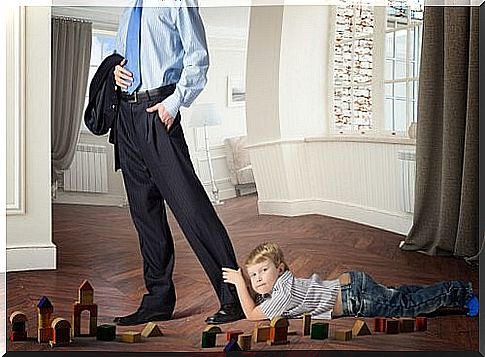
Babies need affection in childhood. Affective deficiencies can have repercussions for their personal development. In this article, we will examine the consequences of affective deficiencies in childhood.
Certainly, emotional deficiencies in childhood are harmful to children, especially due to the absence of an optimal environment. The effects can last for a long time and have major implications for the opportunities children will have in their lives.
The fact is , children can become cognitively, physically and emotionally stuck when they are not given the attention or affection they need. This happens when they don’t have a father figure, or the father figure isn’t affectionate or loving enough. This is the reason why children with affective deficiencies develop multiple personality, emotional and psychological deficiencies.
Don’t forget that babies need different sensory stimuli to develop properly. They need skin-to-skin contact, hugs, lots of eye contact and communication. All of this will help them grow and develop a healthy brain.
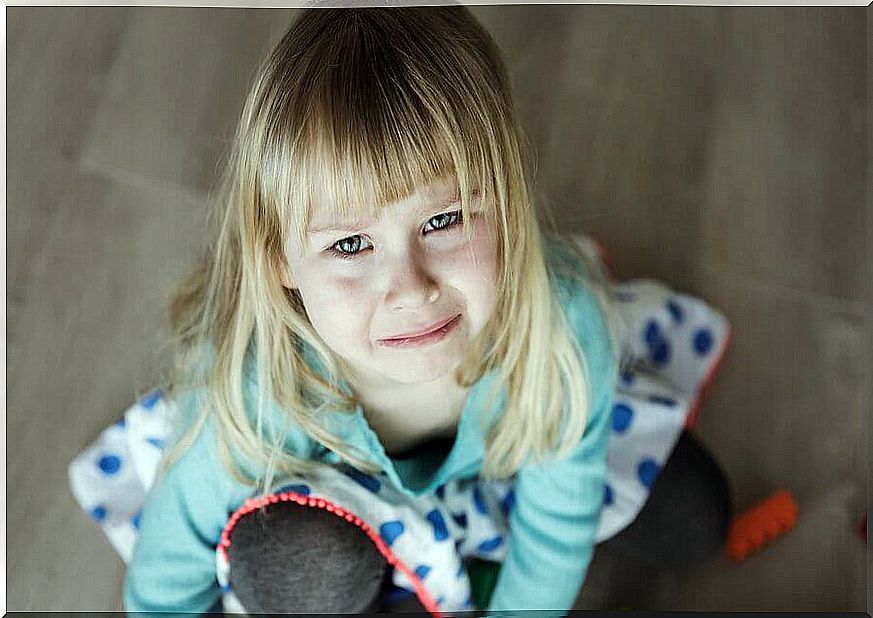
Consequences of emotional deficiencies in childhood
Below, we examine what are the consequences of emotional deficiencies in childhood. take note.
1. Difficulty loving yourself
If you are someone they did not pay attention to in childhood, the most difficult relationship you will have will be with yourself. Furthermore, you may sometimes notice that you are your own worst enemies and the greatest critics of your actions.
And, if your life is a constant battle between what you feel about yourself and what you want to feel, you must learn to love yourself. Believing that you are important and have the ability to see things positively will transform the way you see yourself and the way you relate to others.
2. Unsatisfactory interpersonal relationships in adulthood
Second, childhood is the period that influences relationships and interactions with peers for the rest of life. If a person has been loved and taken into consideration correctly, they are likely to exhibit the same attitudes as an adult.
On the other hand, if children have experienced nothing but bullying, they are likely to develop characteristics as adults to protect themselves. Defensive or overly protective attitude are two frequent manifestations of the above. Keep in mind that if you haven’t experienced the love, affection, and protection of an adult, you are more likely to develop defense mechanisms that keep you away from other people.
3. Low self-esteem
Another consequence of emotional deficiencies in childhood is a lack of self-esteem. Lack of filial love causes children to lack self-esteem. If this initial love is not received, it is very difficult for the foundations to be created to properly assimilate what will happen.
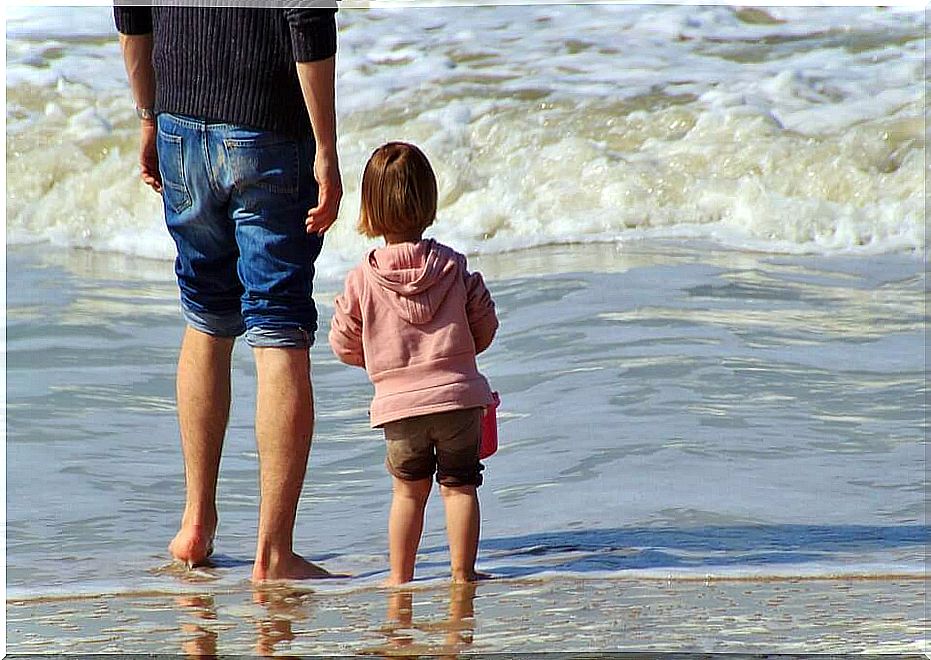
Being rejected in childhood and not being loved by parents will cause children to feel unworthy of being loved. In turn, this will cause them to grow up with low self-esteem. Insecurity, feeling worthless, and even self-destructive behavior are some of the undesirable consequences.
4. Mental health
Developing adequate levels of bonding is essential to a child’s present and future mental health. The union stems from the level of connection established between a child and his parent during the first few years of life. Attention-deprived children often don’t develop the skills needed to build healthy relationships.
This means that children suffering from emotional deficiencies may have a hard time opening up to others. They lack confidence and self-esteem. Also, they are afraid of starting relationships.
In short, it is truly sad that a child’s life can be affected forever. Much more if it is due to the lack of attention, love and affection of their parents or guardians. To prevent this from happening, it is important that children receive the affection of their loved ones. Otherwise, the signs of this absence will be very profound and, almost certainly, will last a lifetime.
